cuban beats
Words majestic disorder
Photography Eric Morales
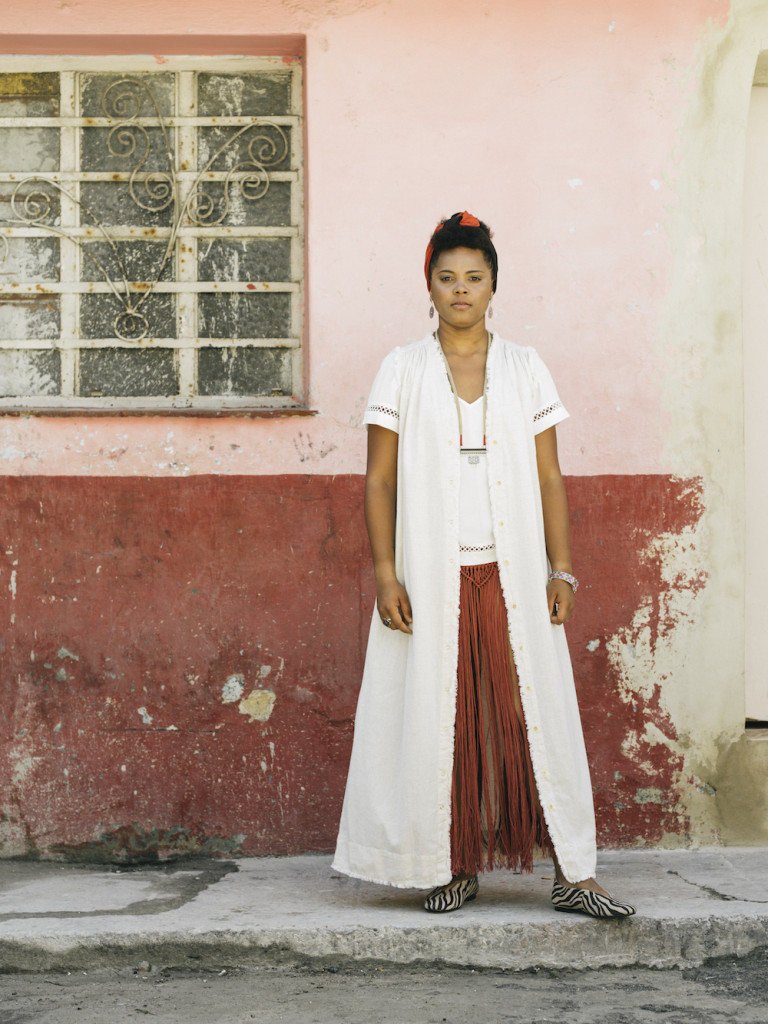
Rhythm pulsates through our veins like blood. And for Yissy García, music is not only her creative pursuit, but also part of her bloodline.
Based in Havana as a jazz drummer and leader of the quintet Bandancha, she crafts the future of the genre by reaching back to Cuba’s yoruba ancestry and Congolese rumba as well as mixing in some American influences.
The name Bandancha translates to mean “broadband,” an ironic parallel for a group that has defined its musical success in a country where the lack of internet access is often debilitating.
Yissy is the perfect embodiment of youthful creativity and innovation that is manifested within our Issue 8 fashion editorial. The scenes created traced our steps mere blocks from where Yissy grew up in the neighborhood called Cayo Hueso.
Despite being once known as one of the most impoverished neighborhoods in Havana, primarily related to inadequate housing conditions, its present environment is a vibrant incubator of arts, culture and music.
Yissy’s pioneering vision of transposing traditional rhythms makes Bandancha a renowned pacesetter, striking resonance with audiences in Cuba and beyond.
You were born in Cayo Hueso where many Cuban artists were born or got their start. What was it like growing up there?
I am very happy to have been born in Cayo Hueso. I’ve always said that it is a very musical neighborhood where a lot of Cuba’s great artists were born. That musical energy of Cayo Hueso has nurtured me artistically. I remember many moments in which my friend met up at Trillo Park and would get this great rumba going with cans, boxes and spoons. We would get the party started out of nothing and people would gather to dance and sing. All of that influenced my professional life. I carry the rumba in my veins, I can’t dance it but I love to play it and try to incorporate the key in different genres.
You’re a classically trained percussionist and your father is also a renowned musician and founding member of the band Irakere. How did you know music was your calling?
My house has always been a very musical space. My father met up with his friends to exchange music and videos and even though I was too young, I felt a certain keenness for what I heard. When I went to religious festivities I stayed close to the musicians watching and trying to repeat the rhythms they created. Ever since I was a child, I knew I’d be a musician, not a drummer specifically, but certainly a percussionist.
At first my parents thought I wasn’t serious about my interest in music. They wanted my brother to be a drummer and me to be a dancer. He did not like the drums and for me, dance class was such a penance. Everything changed when my parents noticed the effort I made in music and my brother made in dance. I loved going to my dad’s rehearsals and every time he took I break I sat at his drums to try and play something. My mother didn’t want me to be a drummer because she saw how my father struggled to carry the pieces of the set. When she saw that I liked music she encouraged me to study piano but I convinced her that I wanted to do percussion.
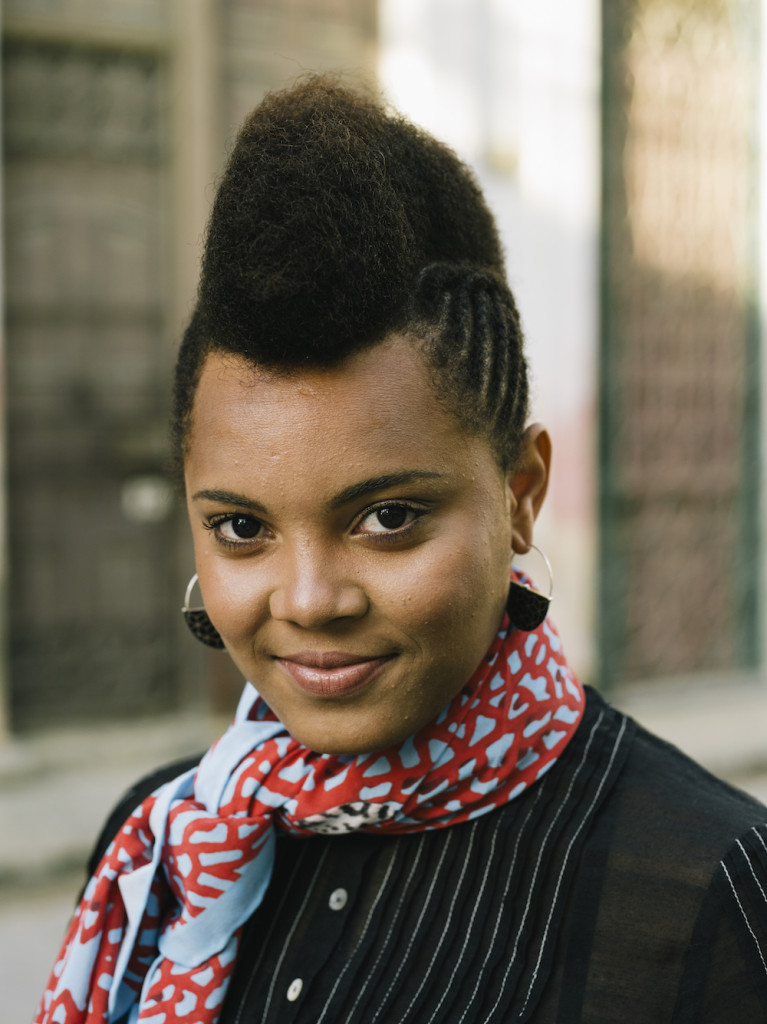
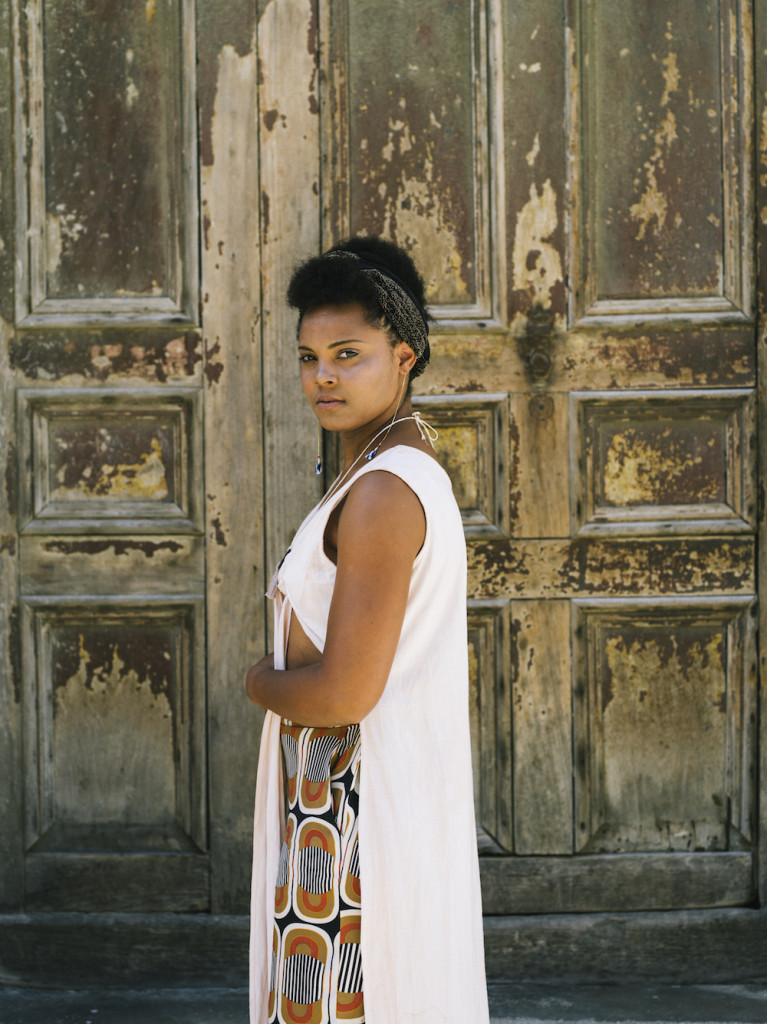
What were your earliest memories of playing the drums; did you find the formal music education at Manuel Saumell music school helpful?
My earliest memory of the drums is rehearsing Michael Jackson songs using piles of books. I’d use books of varying thickness to find the right sound that was similar to the drums. That’s how I first experimented with rhythms. When I started at music school, my father set up a drum set for me at home because I started playing with a band at school and I needed to practice. That’s when I started to take the instrument seriously, when I was asked to join a jazz band at school.
My first years of musical studies were at the Manuel Saumell Conservatory, a school that was paramount in my formation, I learned to read sheet music, to play the piano, classical percussion, music history, to feel and interpret music in a new way. To play the drums, all of that knowledge has proven useful, it’s a strong and loud instrument, formal training has helped me, for example, to find color and nuance.
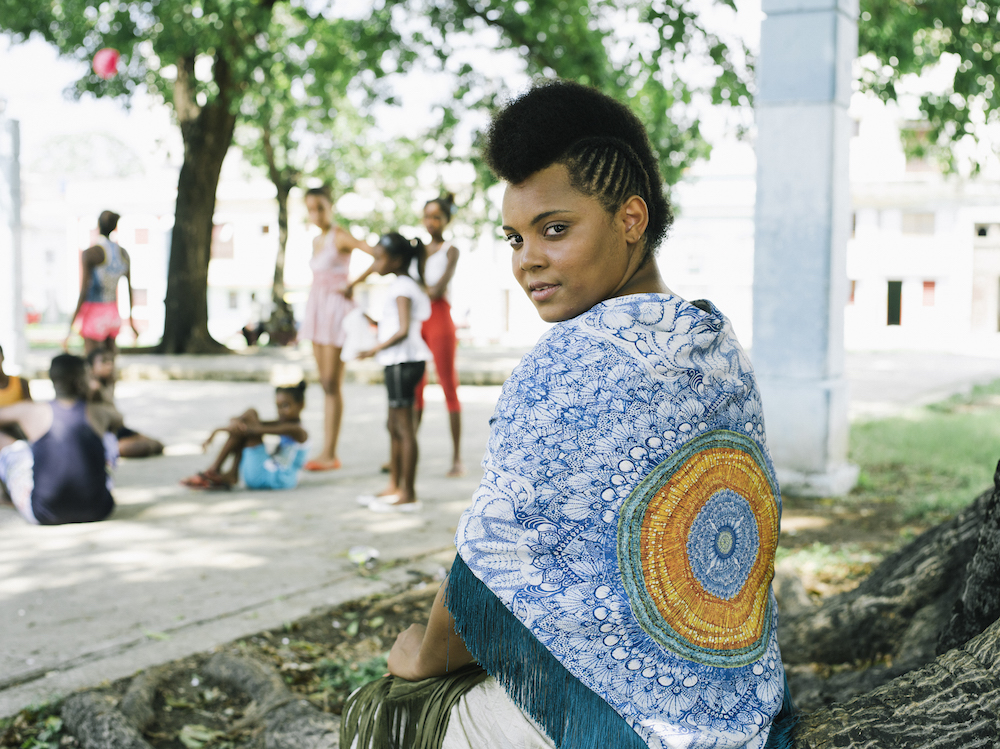
As jazz music and playing the drums is so male-dominated, was it difficult breaking into the field?
Yes it was hard to insert myself in bands in where only men played, especially in jazz bands. Furthermore, today it’s still very difficult. At the beginning I was rejected many times. When some friend would recommend me for a band where they were all men, the response was that they preferred a male drummer. However, that rejection made me stronger in a way, because every time I was rejected, I studied more and I focused more on proving that I could play and that I had the same if not better sound than any drummer. It was a matter of decision, will and constancy. I was very clear on what I wanted in my professional life and I fought for it.
My father was a great drummer and is very well-known in the music world but I never leaned on his name to reach my goals. Sometimes I’ve played with musicians of his generation without them knowing I’m his daughter, they just happen to make the connection because it comes up in conversation. My father has always supported me and given me plenty of advice, but he never pressured me or forced me to follow in his footsteps. He’s always told me that if I want to be good, it has to be by my own effort.
I think any young musician that’s starting, it is very complex to position yourself in the industry, especially living in Cuba. I’ve had to draw innumerable difficulties to get ahead. It takes a lot of endeavor, effort, tenacity and dedication, full time. It’s a daily labor, systemic, that demands you have your goals very clear, both short and long term. My successes aren’t only a result of my talent, but also the support of my musicians and my team’s hard work.
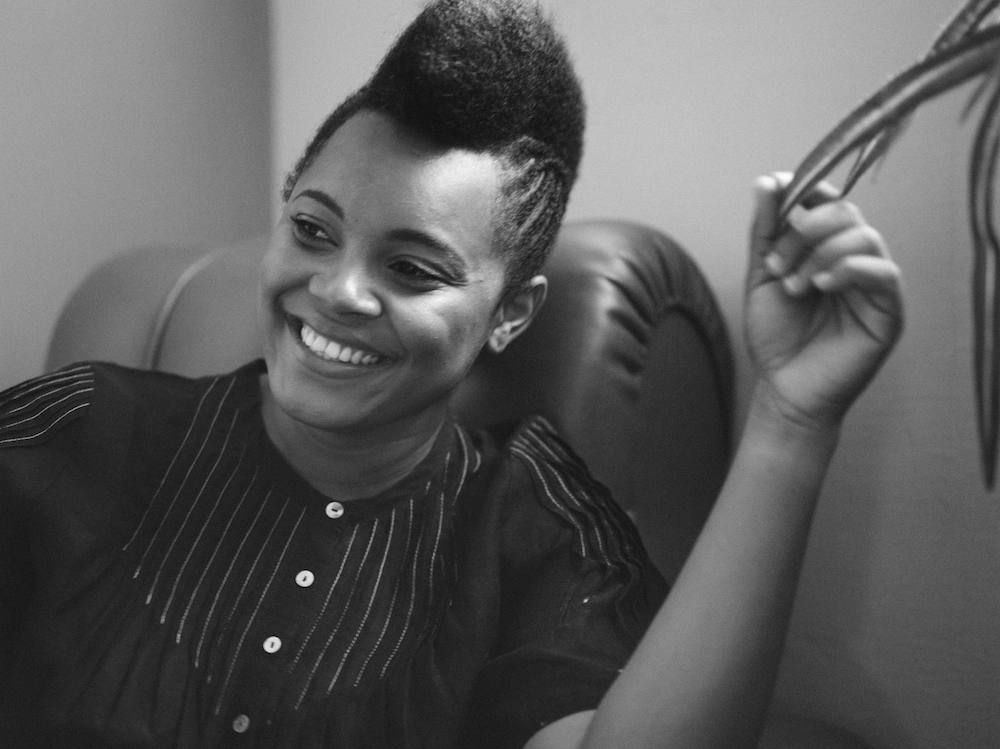
Your band is pushing the boundaries of what jazz can be. How do you ensure your music reflects your love and respect for jazz as well as your desire to update it and incorporate new things?
For me, jazz is a very open genre that gives me the chance to mix it with many other styles and to play with different sounds without making it lose its essence. On the contrary, for me, that quest and the fusion make it more interesting, more current. Faithfulness to the genre comes from my soul, from the way I understand, feel and play jazz –it’s a spiritual connection.
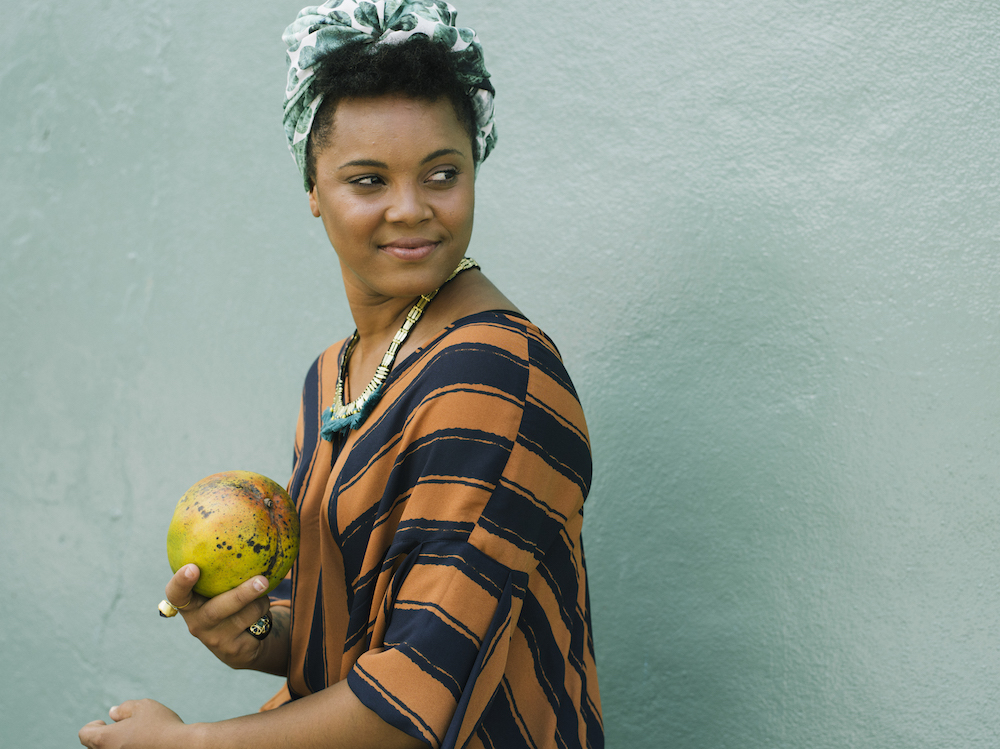
You’ve known most of the band members for most of your life, can you elaborate on this dynamic and working together?
When I decided to create my band I was very clear on which musicians I wanted to work with, we were friends, we shared a certain musical familiarity, and we each had a very different musical background that contributed to a rich diversity when it came to think and conceptualize the music.
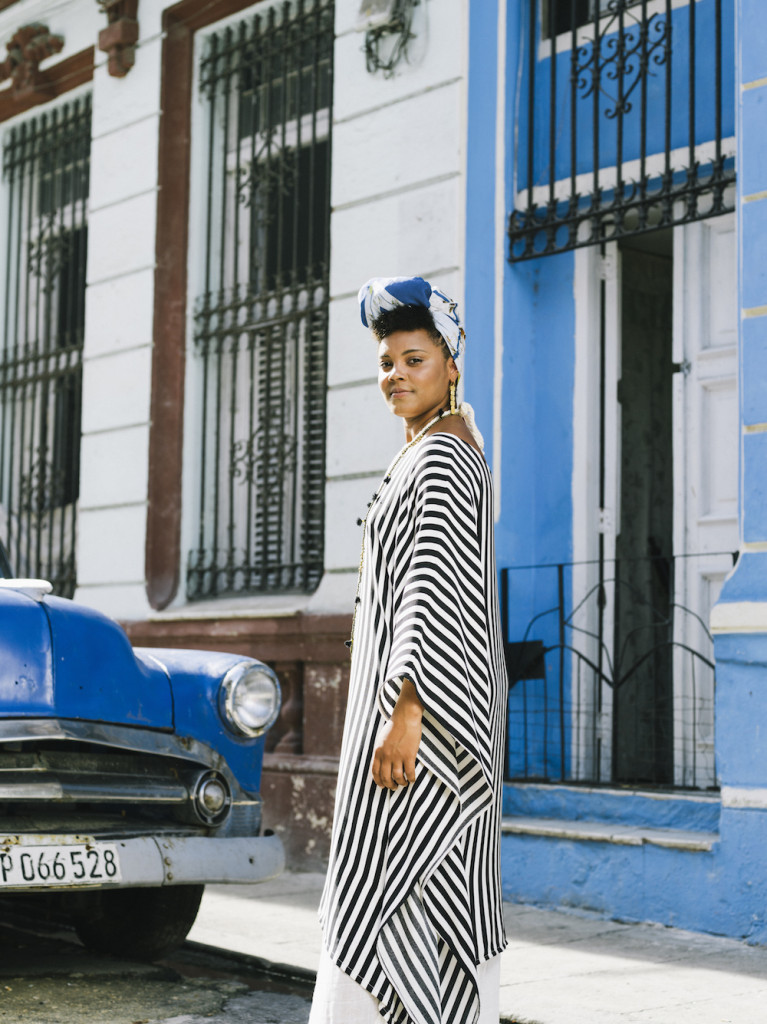
My job as bandleader is like being the locomotive that guides them. We make a very good team, we have matured over these last years with Bandancha and together we’ve developed the sonic identity that characterizes us. We trust, respect and admire each other. I really enjoy their company in the studio and onstage as much as in a part. They are all equally important and they all contribute to the configuration and the final product we offer the public. Without them, Bandancha wouldn’t be what it is today. That complicity, that chemistry, that musical communication is the key to our success as a group.
Can you elaborate on what the music scene is like in Havana?
La Habana is a city where one breathes music all the time. At the moment, there is a strong current of reggaeton but there are also places for other genres such as salsa, jazz, rumba, etc … There is a musical community and every style has its own language and dynamic in the city. My favorite places to play are in the club, La Zorra y el Cuervo, la Fábrica de Arte Cubano and the Fine Arts Theatre. I also like going to some of the bars that have live music to catch up with friends.
Promoting our music is always a challenge but challenges make us come up with better solutions. The limited internet access makes it harder to use those technological platforms and tools for our music. It also makes it harder to stay informed on what’s going on in the international music industry. It’s like playing with a disadvantage, but either way, you always have to play –it takes more effort and dedication but you have to play.
Related Reading




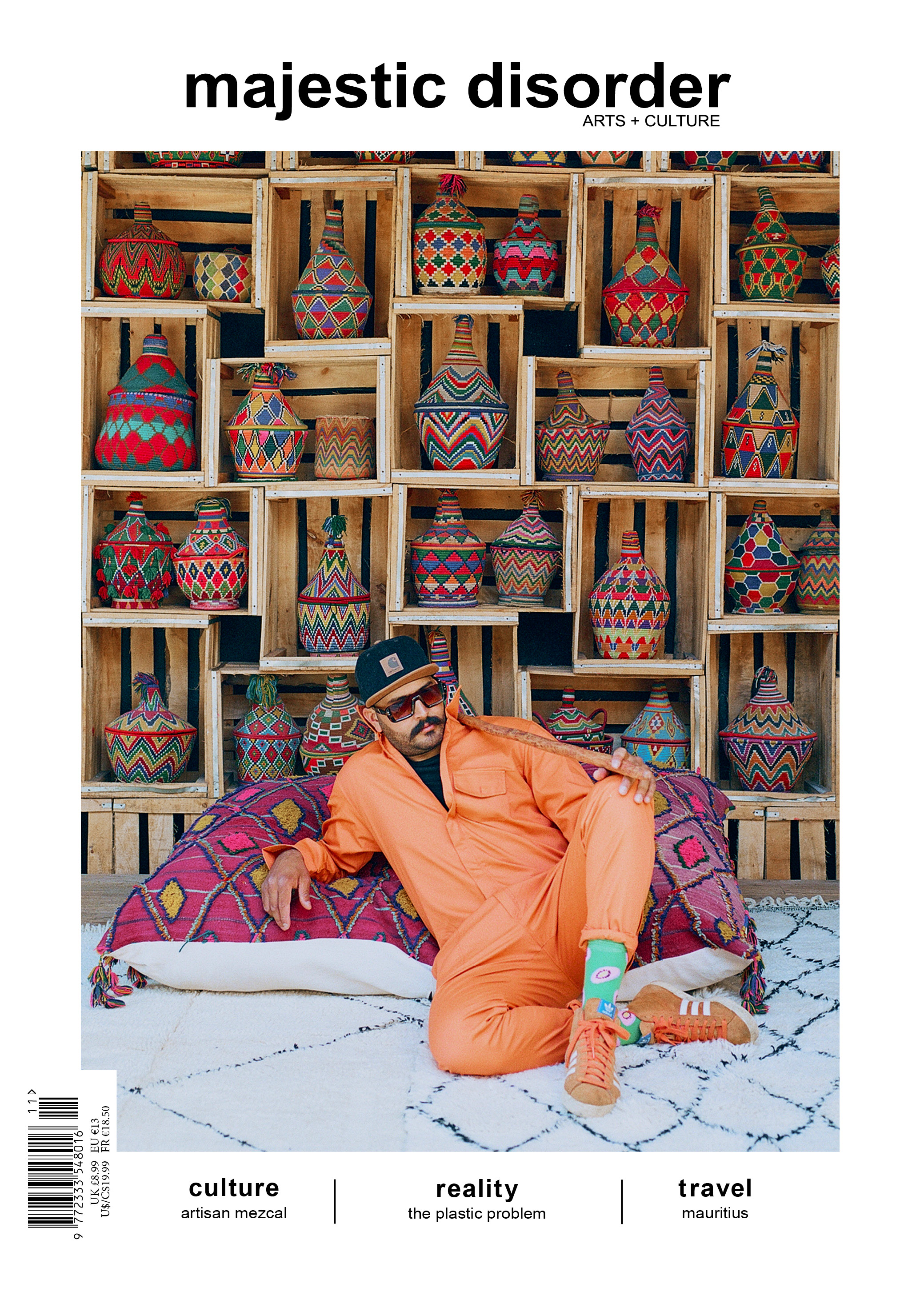
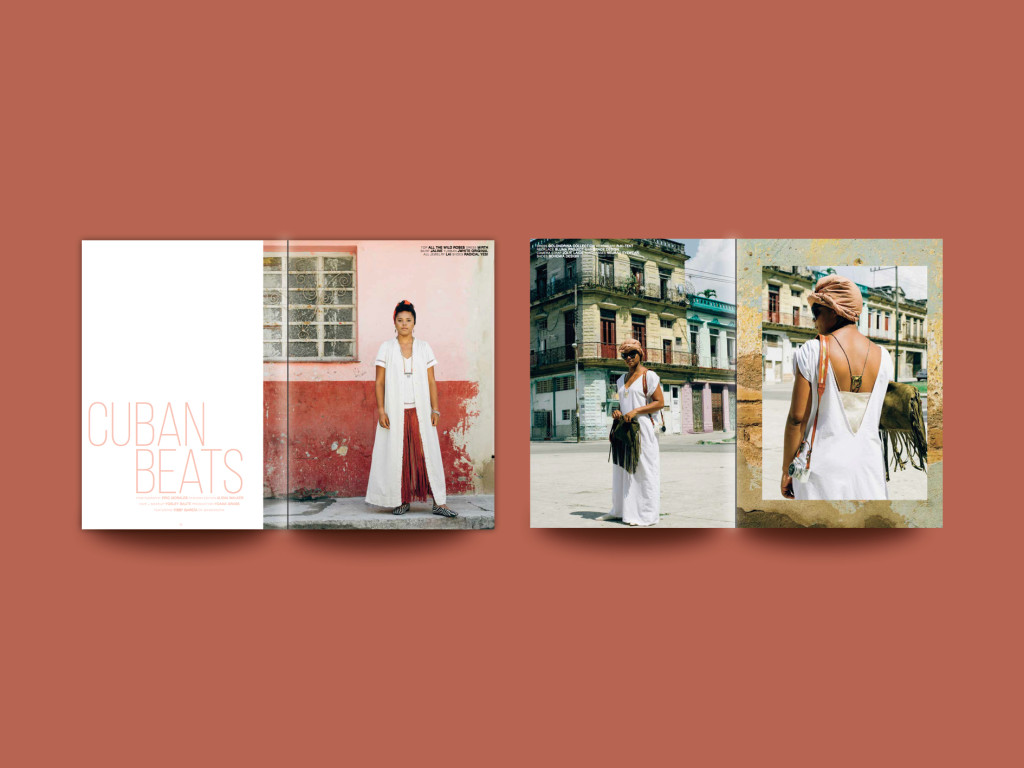
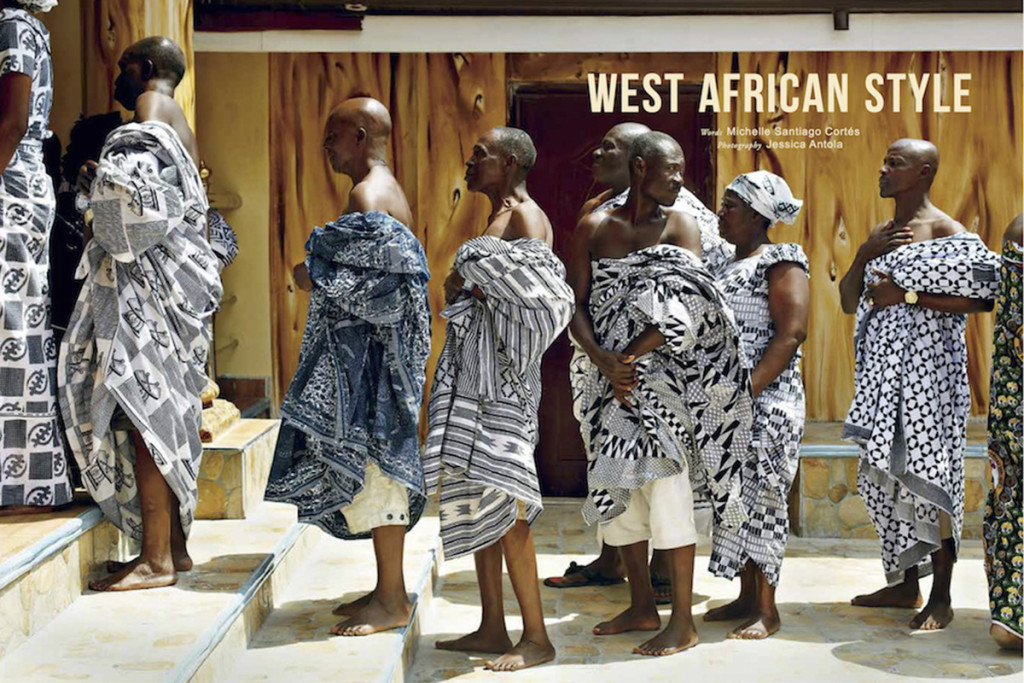
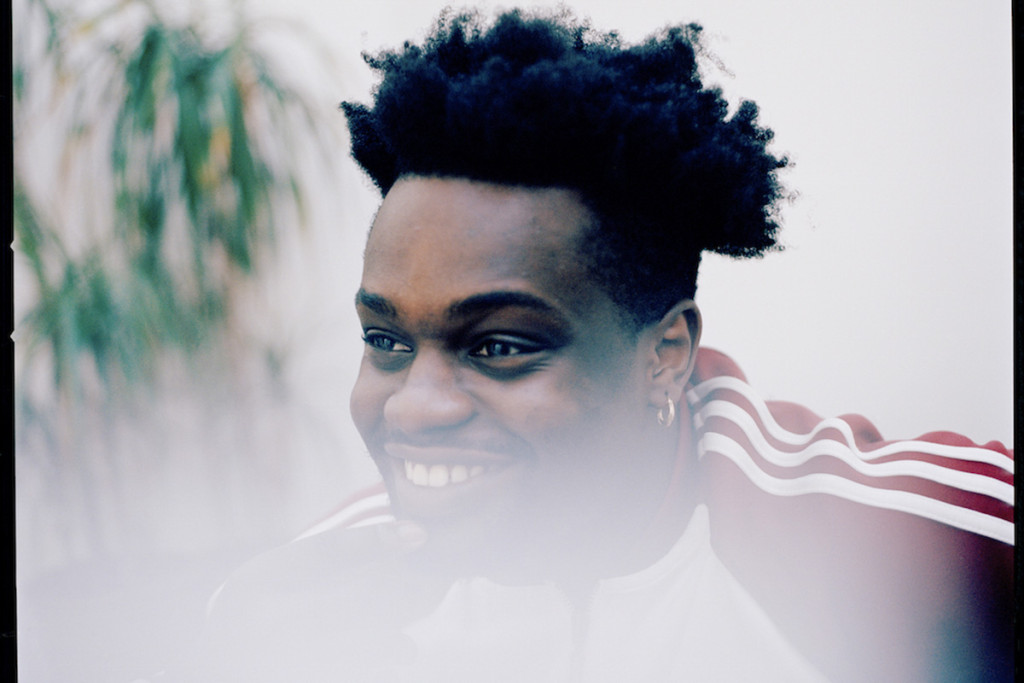
 @majesticdisorder
@majesticdisorder